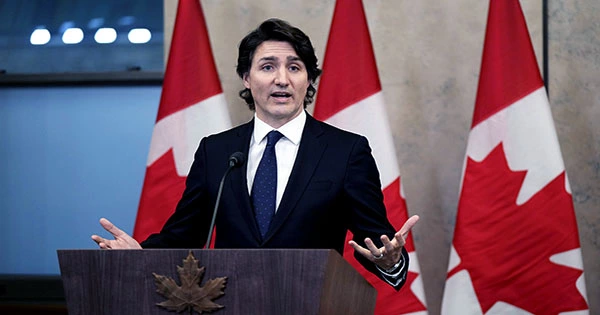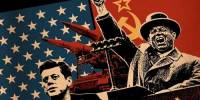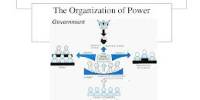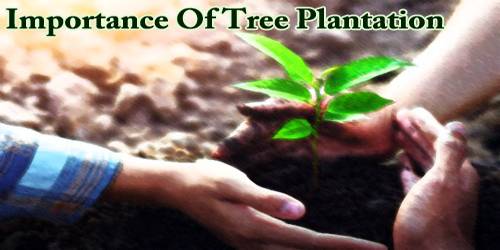Faced with a nationwide convoy of truckers protesting vaccine mandates, Canada’s Prime Minister Justin Trudeau has invoked the Emergencies Act for the first time in history, giving the government a slew of additional authorities to try to control the unrest. For the next 30 days, the act will give the government significantly more power than is generally considered legal.
It will allow officials to restrict huge gatherings in some places, prevent donations from reaching protestors, penalise companies with trucks involved in the protests, and deploy private tow trucks to remove massive vehicles blocking roadways. It may be used to clear demonstrators from congested places where they’re creating the most trouble, or to prevent truckers from passing through border crossings.
“It is clearly evident that law enforcement’s ability to properly enforce the law faces substantial obstacles,” Prime Minister Justin Trudeau said at a news conference Monday afternoon. The military is not expected to be used against demonstrators by the government. According to BBC News, Trudeau said in a statement, “We are a long way from having to call in the military.”
The Emergencies Act, which was passed in 1988, is only to be used in unusual conditions of internal or international emergencies, and it grants the most temporary powers of any law in Canada. It replaced the War Measures Act, which gave similar powers to the government in times of war and was utilized three times: during World War I, World War II, and the October Crisis. The Emergencies Act has never been invoked since its inception. On January 9, 2022, truckers began demonstrating against vaccination mandates, demonstrating against the necessity to be completely COVID vaccinated when crossing the Canadian border.
The demonstrations turned into a blockade, blocking commerce routes from passing through major cities and frequently keeping inhabitants awake all night with a barrage of noise. The so-called “Freedom Convoy,” which now includes largely non-professional truck drivers, has spread to neighboring cities and into the United States, denouncing both mandates and the governments’ COVID-19 actions in general. These blockades have since been labeled “illegal,” and major donations to the convoy were determined to be coming from outside of Canada.
The Royal Canadian Mounted Police in Alberta captured a whole truck full of weaponry, as well as 11 people linked to a tiny organized criminal cell working within the convoy, just hours before the announcement. As a result, Trudeau now believes that the interruption justifies activating the Emergencies Act in the provinces of Ontario and Quebec, and that the PM must meet with the premiers of both provinces before bringing the decision to parliament. According to the BBC, Quebec Premier Francois Legault does not want the act to be utilized in his province.
















